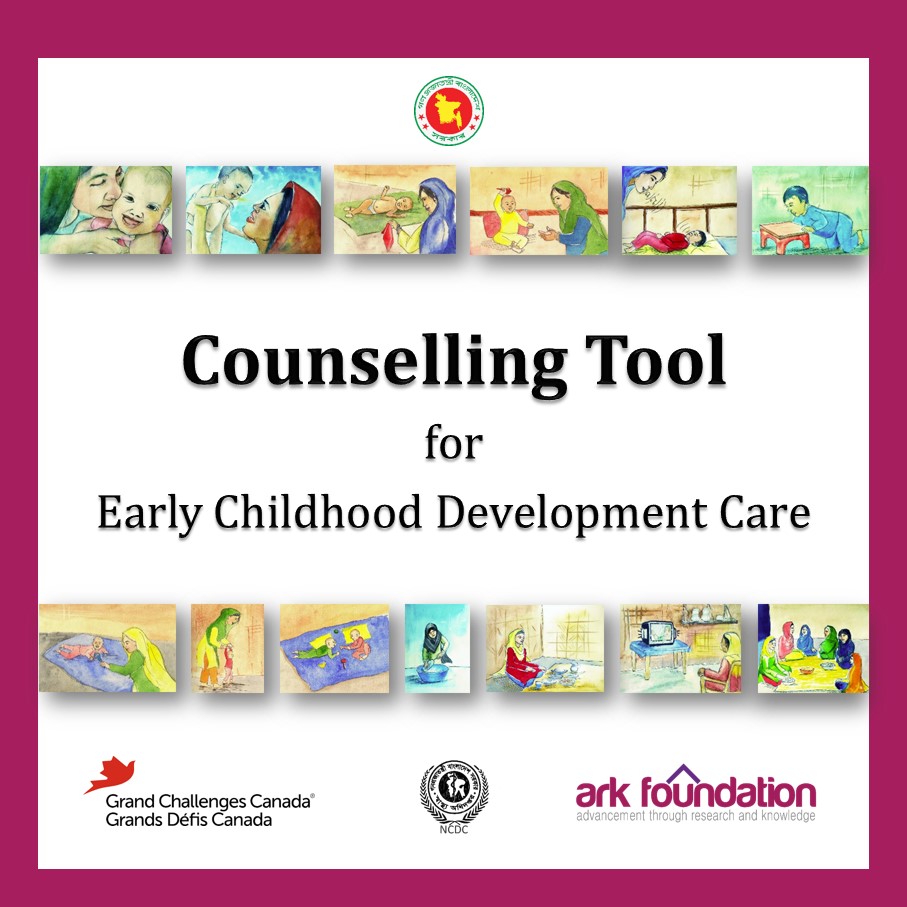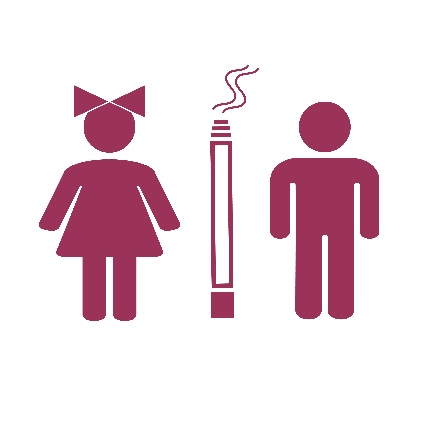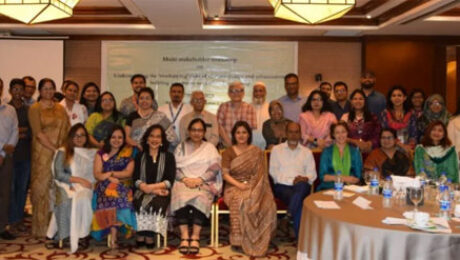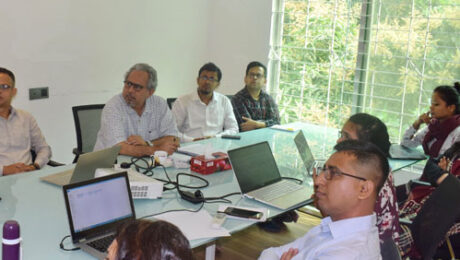Background of the study: The early childhood period is the basis for later success in life. It is the time when a child’s brain develops at a rapid rate creating plenty of opportunities for children’s learning and development. A child can have a good start in life when he/she grows up in a nurturing
- Published in Maternal Newborn Child and Reproductive Health, Our Work
No Comments
Antimicrobial resistance (AMR) is a major threat to global health, food sustainability and security, and socio-economic development. It is estimated that AMR infections cause approximately 700,000human deaths each year globally, a figure that is set to rise to 10 million by 2050 if no action is taken. COSTAR will build upon these successful foundations by
- Published in Antimicrobial Resistance, Our Work
Community Dialogues in Bangladesh aims to develop and test a “community dialogue” approach for preventing and controlling antibiotic resistance in Bangladesh. It is funded by the Economic and Social Research Council, UK. The project has five objectives: to conduct research to inform the content of and processes for delivering community dialogues; to adapt the
- Published in Antimicrobial Resistance, Our Work
Second-hand smoke (SHS) exposure costs 800,000 lives a year. Children in developing countries are worst affected as smoke-free laws are only partially implemented, and private homes and cars remain a key source of SHS exposure. Children Learning About Second-hand Smoking (CLASS-III) is an ongoing project of ARK Foundation in collaboration with University of York.
- Published in Non-Communicable Disease, Our Work
Children Learning About Second-hand Smoke (CLASS-II) was a two-arm pilot cluster randomised controlled trial funded by the Medical Research Council, UK. The project primarily aimed to establish the effectiveness of a school-based intervention, ‘Smoke Free Homes’ , in reducing exposure of school children to second hand smoke. Its effect on frequency and severity of
- Published in Non-Communicable Disease, Our Work
Under this study, a public-private partnership (PPP) was developed to help private medical practitioners (PMPs) implement a referral strategy between themselves and family planning centres. We assessed whether the PPP model was effective in increasing the use of long-acting reversible contraceptive methods (LARCMs) and acceptable to both public and private healthcare providers.Our findings revealed
- Published in Health Systems, Our Work
Quit 4 TB Trial project aims to assess in people with TB who smoke daily and check the effectiveness and cost effectiveness of mTB-Tobacco in achieving continuous abstinence for at least six months and also assess the effectiveness and cost effectiveness of mTB-Tobacco in enhancing TB treatment adherence and improving clinical outcomes. We will conduct
- Published in Communicable Disease, Our Work
In the era of climate change, growing inequality, rapid urbanisation, humanity is dealing with a complex knot of apparently separate but actually deeply entangled risks. If not addressed the risk synchronisation can lead to critical crises and eventually will overwhelm the societal capacity to adapt. These overlapping risks (OR) have differential impact across gender. Decision
- Published in Climate Change and Environment, Our Work
Diet-related non-communicable diseases (NCDs) continue to rise in Bangladesh, disproportionately affecting women, children, and the poor. The complex interaction of the fresh food supply chain, price drivers, competition from low-cost and low-nutrition products, and cultural influences affect access to consuming a healthy diet. This project aimed to review how fiscal and regulatory measures can be









